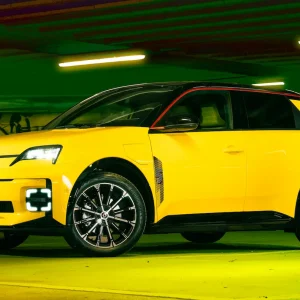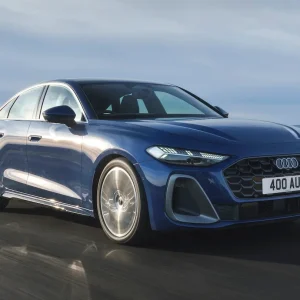The latest Dft stats says the cost of driving is down, but I bet it doesn’t take into account business costs, says The Insider
Motoring is too cheap. That’s the mantra the green pressure groups have been confidently repeating throughout this whole road-pricing debate, and now it seems the latest Department for Transport report has confirmed it: since 1980 the cost of driving, adjusted for inflation, has dipped slightly.
To anyone who cites this as a reason to tax motorists still more, let me quote someone wise: “Ignorance more frequently begets confidence than does knowledge.” (Darwin, Google tells me.)
Firstly, I’ll bet my last gallon of petrol that the Office for National Statistics (whose figures the DfT’s Transport Trends study quotes) wasn’t totting up business costs. The general public might pay less for their cars after Stephen Byers forced manufacturers to offer fleet discounts to the wider world in 2000, but we were doing okay before that too. If the DfT’s graph for motoring costs dips at 2000-1, then there should be another line showing fleet costs spiking in response to plummeting residuals.
Then there’s the increased admin costs. Yes, servicing intervals have stretched and cars are generally more reliable, but how much time was spent adhering to Health & Safety recommendations back in 1980? Or working out NIC contributions on a CO2-based tax regime in which each car attracts a different level of tax? Or assigning speed camera tickets? Very little, I’d say, allowing plenty of time for the TPL (two-pint lunch).
More importantly, if taxation goes up, either through increased fuel duty or road-pricing, how is the Government going to react to arguably the most important variable of all: the cost of money? Right now the Bank of England base rate is healthily low at 5.25%. But that’s the highest it’s been for six years. And some of us can still remember the gory days of the late ’70s and early ’80s, when increase rates changed weekly and the base rate topped out at 17%. It hit almost 13% in the early ’90s.
|
“Ignorance more frequently begets confidence than does knowledge.” |
|
Charles Darwin |
Of course, back then we were more likely to use company money to buy our cars, but if those rates returned with us all in hock to the leasing companies, how much extra would that place on the cost of motoring? If the Government decided that motoring was too cheap to discourage us from finding an alternative, then they’d have to be able to scale it back pretty damn quick if the interest rates went haywire.
A Government back-tracking on tax? Doesn’t seem likely does it? They would be really stuck if, as Ken’s congestion charge is proving, the day-to-day running of a road-pricing scheme swallowed up a large chunk of the tax take.
I’m not saying I wouldn’t welcome a revenue-based solution to congestion, I’d just like to be reassured that it’ll priced to absorb real business costs, not just those cherry-picked by the DfT.
The Insider is a fleet manager with years of invaluable experience





